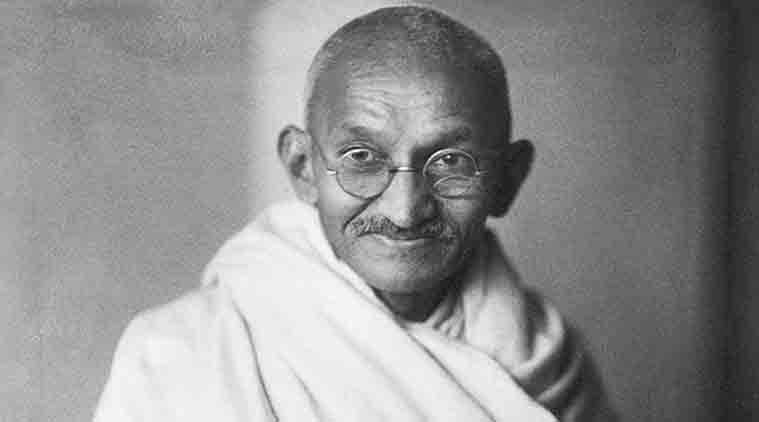Mahatma Gandhi was a leader who played a significant role in India’s struggle for independence from British rule. Born on October 2, 1869 in Porbandar, India, Gandhi was the leader of the Indian National Congress and was instrumental in leading the non-violent resistance movement against the British.

Gandhi was inspired by the teachings of Jesus Christ and the philosophy of non-violence espoused by the Indian monk, Swami Vivekananda. He believed that non-violent resistance was the most powerful and effective way to achieve social and political change. Gandhi’s philosophy of non-violent resistance, also known as “satyagraha,” became the driving force behind the Indian independence movement.
Throughout his life, Gandhi used his philosophy of non-violent resistance to bring about social and political change. He believed that through non-violent resistance, people could bring about change in a way that was respectful and peaceful, rather than resorting to violence and aggression. Gandhi’s philosophy was put into practice during India’s struggle for independence, and it played a crucial role in bringing about the end of British rule in India.
Gandhi was a tireless and passionate campaigner for civil rights and social justice. He traveled extensively throughout India, speaking out against injustice and discrimination. He was also a strong advocate for the rights of women and encouraged women to take an active role in the independence movement. Gandhi believed in the power of individual action and encouraged people to take small steps towards change, rather than waiting for change to be imposed from above.
Gandhi’s philosophy of non-violent resistance had a profound impact on the civil rights movement in the United States. Martin Luther King Jr., the leader of the civil rights movement in the United States, was heavily influenced by Gandhi’s philosophy and used it as a guiding principle in the struggle for civil rights for African Americans. Gandhi’s philosophy of non-violent resistance has also been influential in other social and political movements around the world.
Gandhi was a complex and multifaceted figure. He was a deeply spiritual man who believed in the power of love and compassion to bring about change. He was also a deeply political man who believed in the power of individual action to bring about social and political change. Gandhi’s legacy continues to inspire people around the world to work for social justice and equality.
In conclusion, Mahatma Gandhi was a significant figure in India’s struggle for independence and a leader who had a profound impact on the world. His philosophy of non-violent resistance has inspired social and political movements around the world and continues to be a guiding principle for those seeking to bring about social and political change in a peaceful and respectful manner












